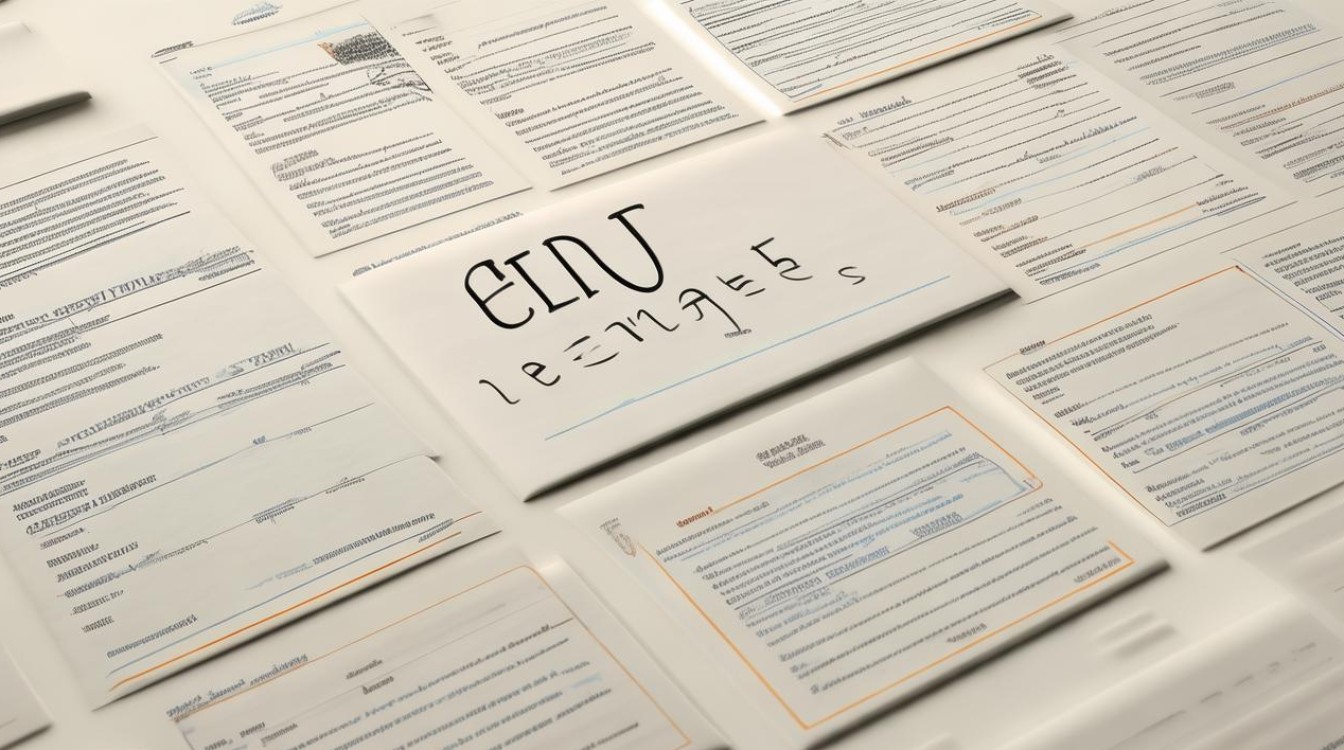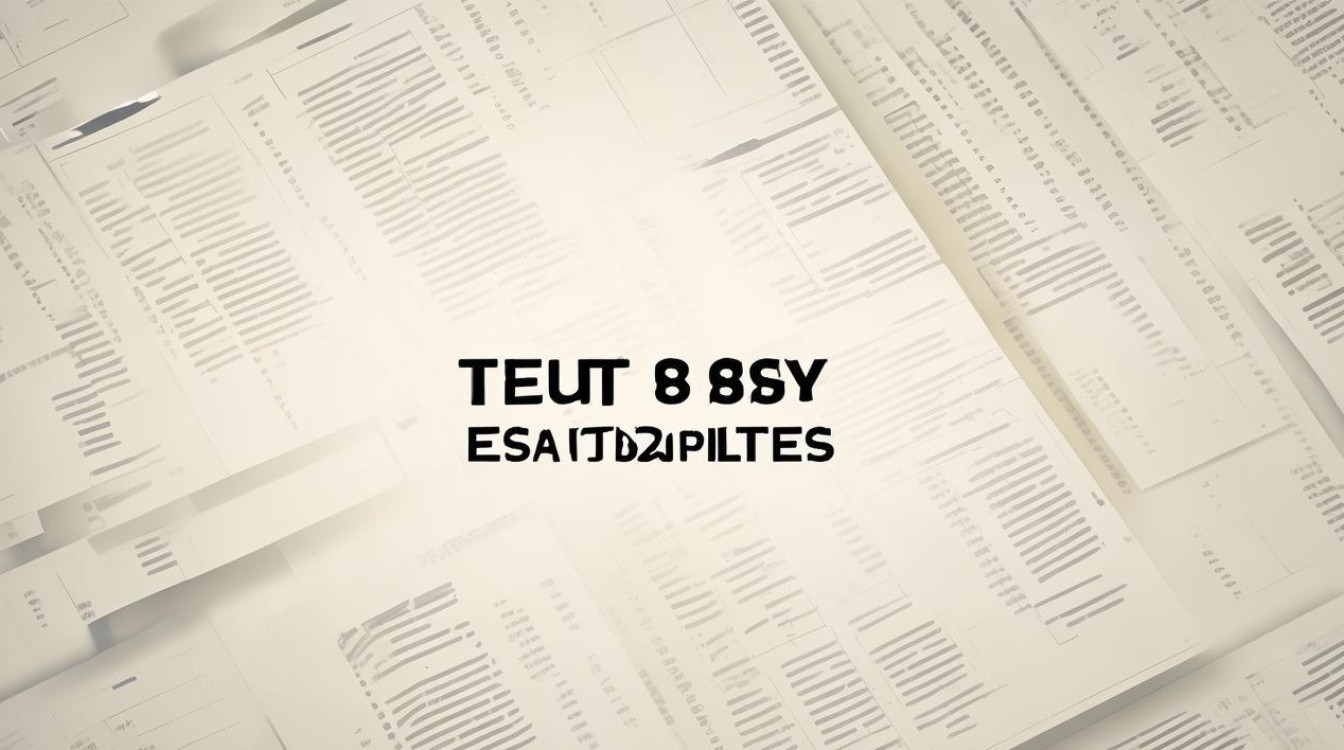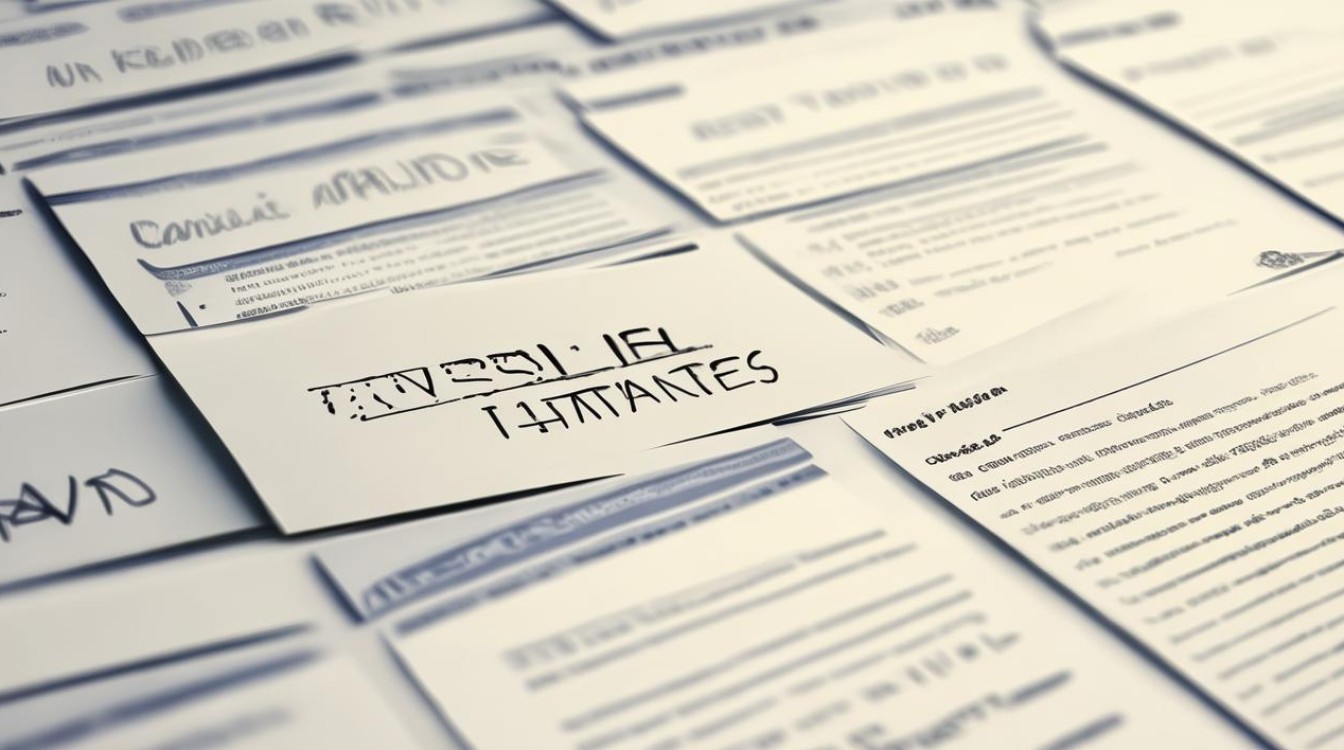雅思写作Task 1要求考生在20分钟内完成一篇至少150词的图表描述作文,图表类型包括柱状图、线形图、饼图、表格、流程图和地图等,掌握不同图表的写作模板,能帮助考生快速组织语言,提高得分,本文提供多种图表作文模板,并结合高分句型,助你轻松应对考试。

柱状图(Bar Chart)
柱状图主要用于比较不同类别的数据变化,写作时需注意趋势对比、极值点和数据差异。
开头段(Introduction)
- 模板句型:
The bar chart illustrates the changes in [主题] between [时间/类别].
This bar chart compares [数据对象] in [不同年份/地区].
主体段(Body Paragraphs)
- 描述最高/最低值:
The highest figure was recorded in [类别], reaching [数值], while the lowest was [数值] in [类别]. - 比较数据:
[类别A] showed a significant increase, rising from [数值1] to [数值2], whereas [类别B] experienced a decline.
结尾段(Overview)
- 总结趋势:
Overall, [类别] saw the most dramatic changes, while [另一类别] remained relatively stable.
线形图(Line Graph)
线形图通常展示数据随时间的变化趋势,写作重点在于描述上升、下降、波动和稳定趋势。
开头段
- 模板句型:
The line graph depicts the trends in [主题] over [时间段].
This graph shows how [数据对象] changed between [起始年] and [结束年].
主体段
- 上升趋势:
There was a steady rise in [数据], climbing from [数值1] to [数值2]. - 下降趋势:
[数据] dropped sharply, falling by [百分比/数值]. - 波动趋势:
The figures fluctuated between [最低值] and [最高值].
结尾段
- 总结主要趋势:
In general, [数据] showed an upward/downward trend, with some minor fluctuations.
饼图(Pie Chart)
饼图用于展示比例分布,写作时应突出最大和最小占比,并进行对比。

开头段
- 模板句型:
The pie chart provides information about the distribution of [主题] in [年份/地区].
This chart breaks down [数据对象] into [几部分].
主体段
- 描述占比:
[类别A] accounted for the largest proportion at [百分比], followed by [类别B] with [百分比]. - 最小占比:
The smallest share was [百分比], representing [类别C].
结尾段
- 总结主要比例:
Clearly, [类别A] dominated, while [类别B] and [类别C] made up smaller portions.
表格(Table)
表格数据较多,需选择关键信息进行对比,避免逐一罗列。
开头段
- 模板句型:
The table presents data on [主题] across [不同类别/时间].
This table compares [数据对象] in terms of [具体方面].
主体段
- 最高/最低值:
[国家/年份] had the highest [数据] at [数值], in contrast to [国家/年份] with only [数值]. - 数据差异:
The difference between [类别A] and [类别B] was [数值], indicating [趋势].
结尾段
- 总结关键点:
It is evident that [类别] varied significantly, with [国家/年份] leading the statistics.
流程图(Process Diagram)
流程图描述步骤或阶段,需使用顺序连接词,确保逻辑清晰。
开头段
- 模板句型:
The diagram illustrates the process of [主题], which involves [几步骤].
This flowchart shows how [对象] is produced/created.
主体段
- 步骤描述:
First, [步骤1]. Next, [步骤2]. After that, [步骤3]. Finally, [最终步骤]. - 关键变化:
At this stage, [对象] is transformed into [新状态].
结尾段
- 总结流程:
The entire process consists of [几步骤], starting with [第一步] and ending with [最后一步].
地图(Map)
地图题通常比较不同时期的地理变化,需描述新增、减少或改建部分。

开头段
- 模板句型:
The maps show the development of [地点] between [年份1] and [年份2].
These two maps highlight the changes in [区域] over [时间段].
主体段
- 新增设施:
A new [建筑/设施] was constructed in [位置]. - 改建部分:
The original [建筑] was replaced by [新建筑]. - 消失部分:
The [旧设施] was removed to make way for [新用途].
结尾段
- 总结变化:
The area underwent significant transformations, with more [新设施] and fewer [旧设施].
高分句型补充
-
数据变化:
- surged dramatically / plummeted sharply
- remained constant at [数值]
- peaked at [最高值] / hit a low of [最低值]
-
对比句型:
- In comparison, [数据A] was twice as high as [数据B].
- Unlike [类别A], [类别B] showed a gradual increase.
-
占比表达:

- constituted [百分比] / made up [比例]
- was the second largest category at [百分比]
掌握这些模板和句型,考生可以快速组织语言,避免临场慌乱,多练习不同图表类型,熟悉数据描述方式,写作分数自然提升。


